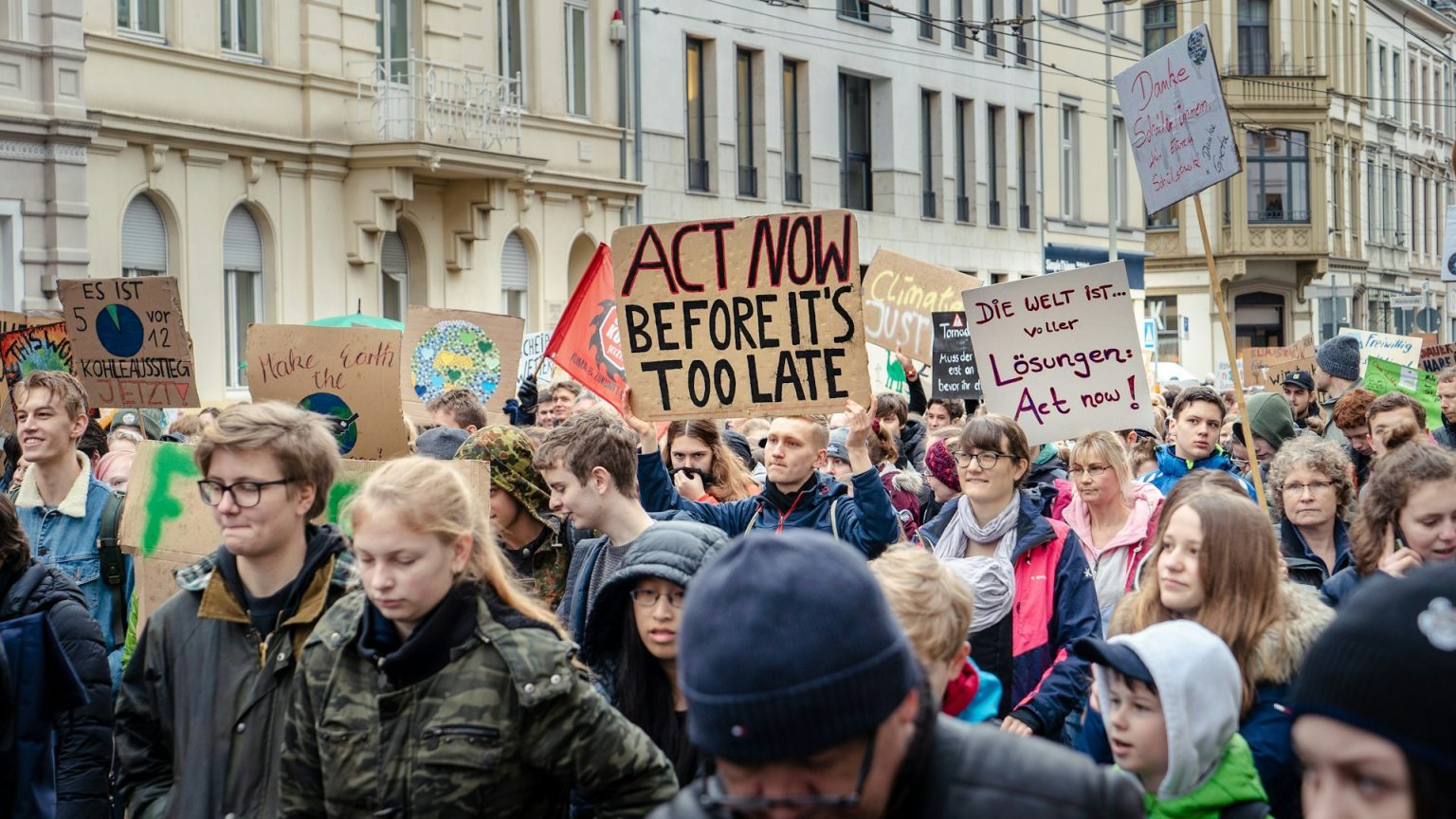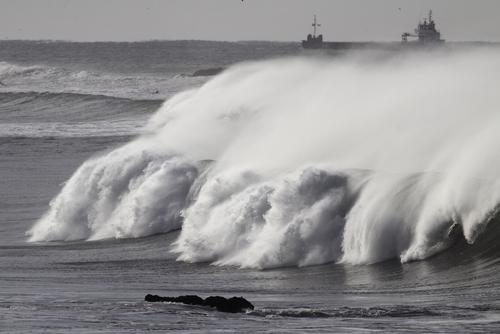U.N. Climate Talks: Down and Nearly Out

What’s the Latest Development?
There is no expectation that a legally binding agreement to cut global carbon emissions will emerge from this year’s U.N. climate change conference. Delegates in Durban, South Africa, have agreed to make an agreement on global emissions by 2015 and to make that agreement active by 2020. In the mean time, the European Union wants to extend the Kyoto protocol but Russia, Japan and Canada refuse unless the U.S. agrees to participate, which it won’t. China may abandon future talks if Kyoto is not extended.
What’s the Big Idea?
Since 1990, global carbon emissions have increased by 49 percent, driven by new growth in China and India and sustained high-levels of emissions in the U.S. and E.U. In lieu of a binding legal agreement, many of the world’s governments have pledged to voluntarily reduce carbon emissions. But even if those commitments are kept, the world is on track to warm by 3.5 degrees Celsius by century’s end, a degree and a half above what is considered an acceptable level by climate scientists.
Photo credit: shutterstock.com





